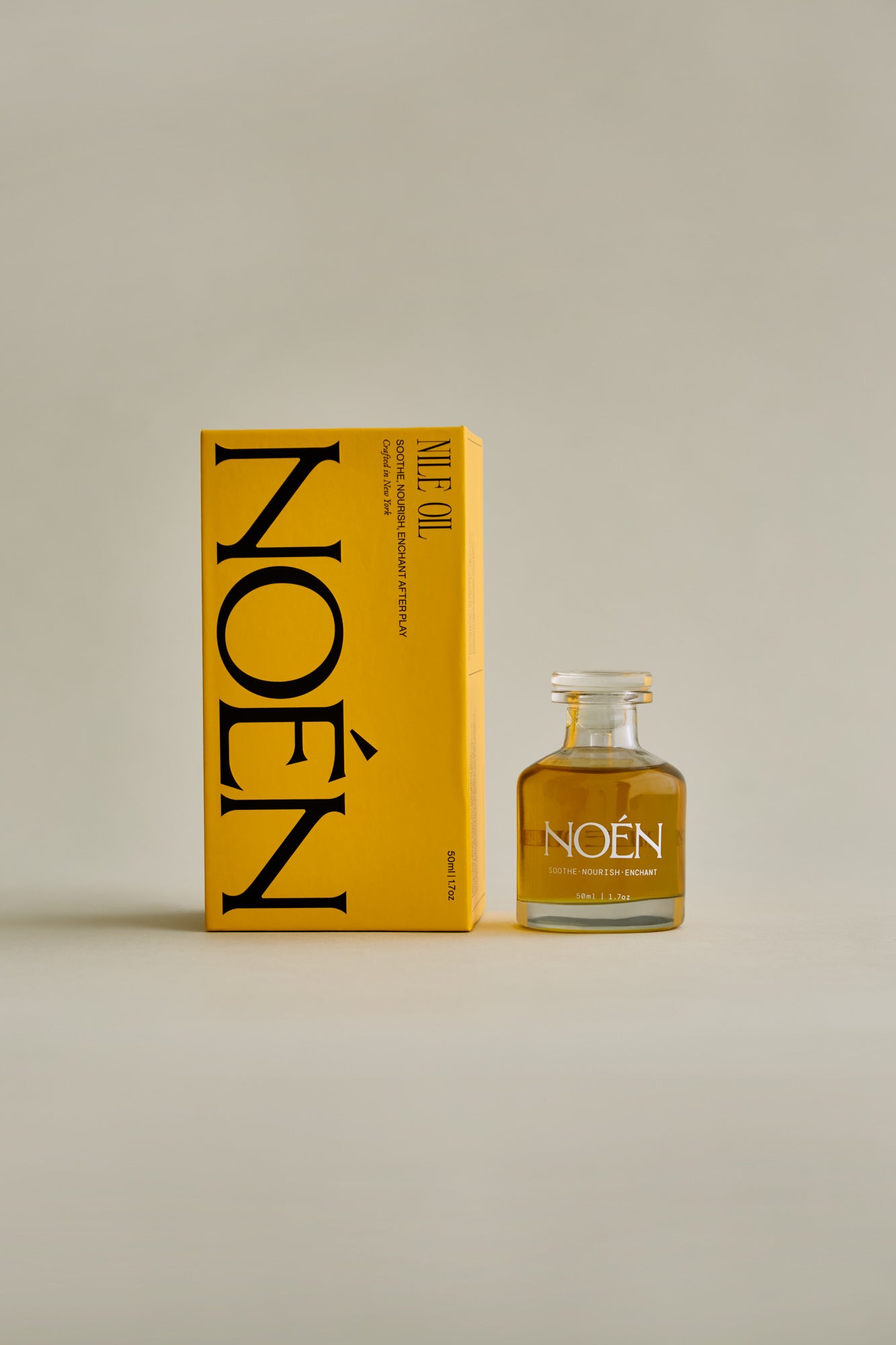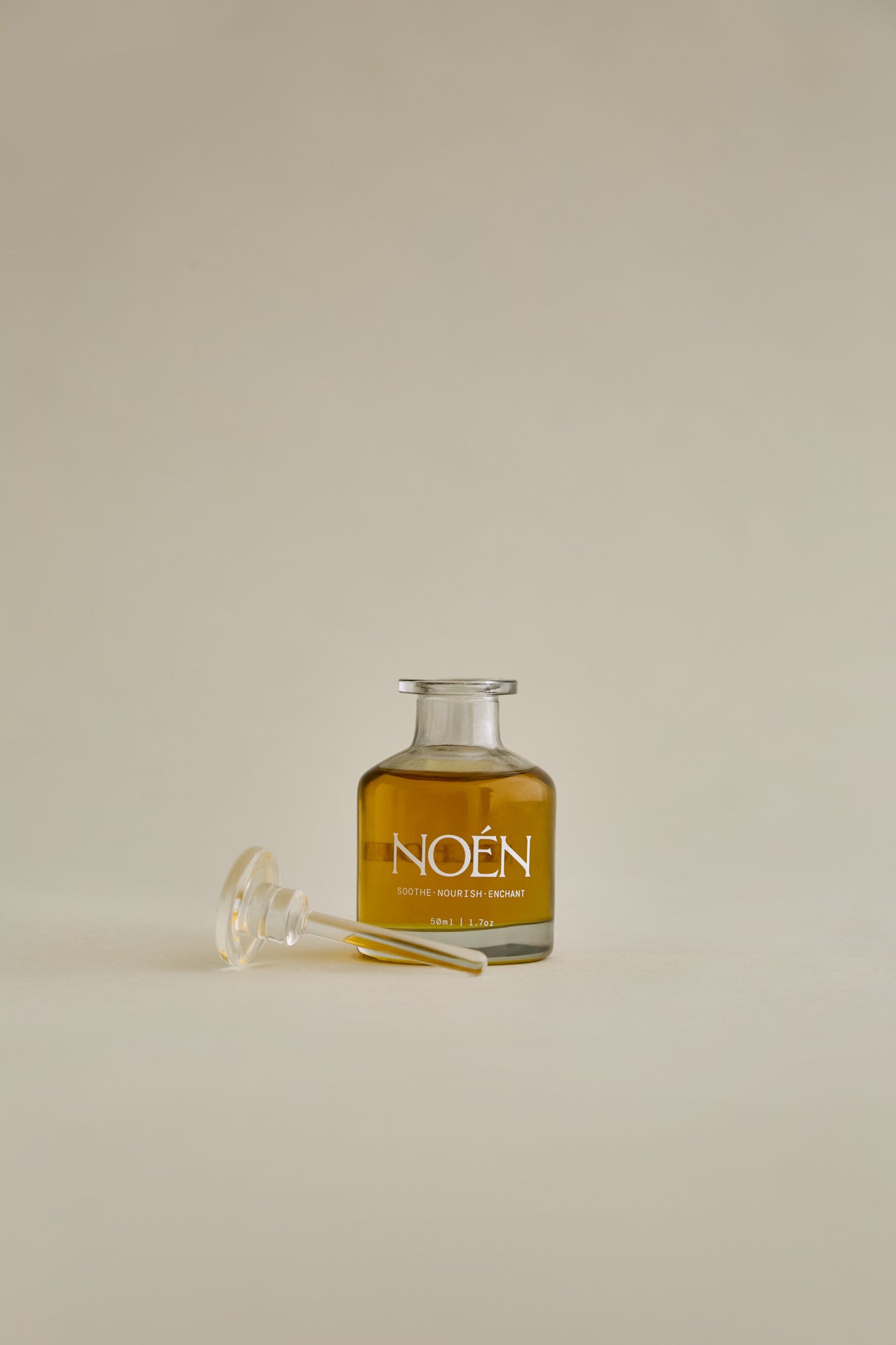4 AUGUST 2024 | EMMA COLANGELO
I recently woke up next to someone I’ve been seeing and asked if he wanted breakfast. He kissed me sweetly and very tenderly said: “I actually have to get going so I can make it to the gym before work.” My body immediately tensed up. The demon's thoughts tauntingly whispered into my ear: “He doesn’t care if you live or die.”
Instead of expressing how I felt, I said goodbye. I shut the door behind him and thought: “Welp, that was fun while it lasted.”
When I finally heard from him (knowing we would never see each other again), I remembered: physical intimacy often triggers demon thoughts of our attachment wounds - things that aren’t rooted in reality. After all, we don’t just fall out of coconut trees. We exist in the context of all in which we’ve lived.
My logical brain knows wanting to get to the gym before work isn’t a rejection; it’s a person having a life. My trauma brain is scanning my interactions, always braced and ready to be rejected, often confusing neutral interactions as negative. The transition out of a sexual space is a particularly vulnerable moment where those wounds can be easily triggered. This means for many (arguably, most) of us, it is necessary to pair physical intimacy with emotional intimacy.
Luckily, there is a framework for this that already exists and has been relied upon by the sexually adventurous for decades.
Enter, aftercare.
What is ‘Aftercare?’
To put it simply, aftercare is the process of tending to what comes up after a sexual encounter. It looks different depending on the specific ways we individually feel cared for. It could be cuddling, exchanging massages, watching a movie, talking through the experience together – it could even look like intentionally taking individual space to recalibrate alone.
Post-sex depression is a real thing. Literally. It is called Post Coital Depression, or PCD (you know something is legit when it has an acronym). Sex is an intense physiological experience. It entails a rush of hormones, like dopamine and oxytocin: which feel both AMAZING in the moment, and reminiscent of a come down when they fade away. Eye contact, words of affirmation, skin-to-skin contact, etc., can all help this, sometimes drastic, transition out of a sexual headspace.
Origins of Aftercare
Aftercare was a practice founded within the BDSM movement (which stands for: bondage, discipline (or domination), sadism, and masochism) as a process of ensuring everyone was okay after sex. BDSM can entail playing with power, impact, humiliation, and more. The tenets of aftercare within the BDSM movement include:
- Emotional Support: Communicating about what just happened, discussing feelings and experiences, and providing reassurance.
- Physical Care: Addressing any physical needs, tending to bruises or injuries, removing any restraints, or providing nourishment and hydration.
- Bonding: Often, aftercare involves physical closeness, such as cuddling or gentle touch, to reinforce trust and intimacy.
- Aftercare as Negotiation: Within BDSM, talking about aftercare needs is an essential practice before diving into anything to ensure that all parties know exactly what is needed to take care of each other.
Evidence of BDSM as a practice and movement has existed for centuries, but early practices were often secretive (hot) and lacked formal structures or guidelines, including aftercare. Throughout the 20th century, the movement began to take more shape and the focus was primarily on establishing safe and consensual practices. While aftercare was still not yet widely discussed or formalized until the 1970s-1980s, I’d bet good money practitioners were intuitively recognizing the need for it.
Aftercare Today
The evolution of aftercare today has evolved into a practice that shouldn’t feel like an ‘extra step in the sex process,’ but rather that there is nothing sexier than caring for the person in front of you to make you want to come back for more. Understanding the complexities of the human experience and the importance of mutual care and respect in all forms of intimacy can increase the chances of you, in fact, doing it again.
When I asked three individuals what ‘aftercare’ was to them, I received the following:
- Aftercare is ordering an Uber.
- Aftercare is making me a sandwich.
- Aftercare is rolling over.
I realized very quickly that the moment of intimacy after sex is in dire need of resurrection (please never tell me to roll over). With recent studies showing a decline in sexual activity—40% of adults reporting less frequent sex than five years ago and a 10% drop in average sexual frequency over the past decade—enhancing the quality of each intimate moment becomes crucial. The decline in sexual activity and connection makes aftercare even more important. It’s not just about the act itself but about fostering a deeper emotional bond and ensuring that each encounter remains fulfilling. Aftercare helps us navigate the transition from the high of intimacy to everyday life, reinforcing our connections and making each moment count.







